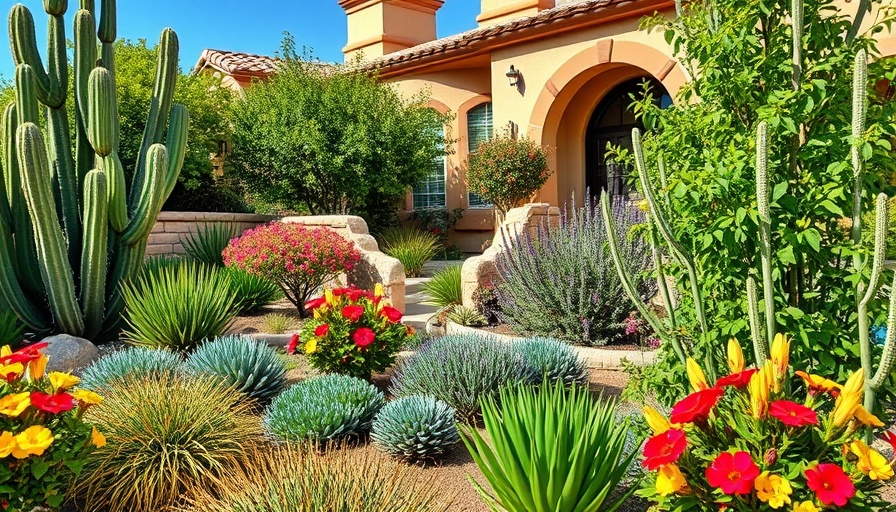
Understanding Soil pH: The Key to a Thriving Vegetable Garden
For homeowners dreaming of a vibrant garden, mastering the intricacies of soil pH is a crucial step. The acidity or alkalinity of your soil can dramatically affect nutrient uptake, root health, and overall plant vigor. With the right soil pH, your vegetable garden can flourish, yielding better harvests and healthier plants. This guide will simplify the science behind soil management and help you fine-tune your garden's environment for a bumper crop.
The Ideal Soil pH for Popular Vegetables
Plants have specific pH preferences that, when met, allow them to absorb the fullest range of nutrients. For instance, artichokes thrive in soil with a pH of 6.5 to 7.5, while the likes of arugula prefer a slightly lower range of 6.0 to 6.8. Root vegetables like carrots and beets do well in soils with a pH anywhere from 5.5 to 7.0. Understanding these requirements enables you to tailor your soil, ensuring optimal conditions for each plant species you cultivate.
Future Predictions and Trends in Soil Management
Looking to the future, soil health is poised to be at the forefront of sustainable gardening practices. As climate change and environmental degradation continue to impact agricultural methods, new soil technologies are expected to emerge. Innovations such as smart soil sensors can provide real-time data on pH levels and other soil characteristics, allowing homeowners to adapt quickly and maintain ideal conditions. This technological advancement heralds a new era for home gardening, where precision agriculture techniques become accessible to all.
Helpful Story Examples from Home Gardens
Take the story of Lucy, a seasoned gardener who transformed her backyard plot using a simple soil pH test kit. By adjusting her soil’s acidity levels with natural amendments like lime and sulfur, she saw her beans and broccoli double in yield. Tom, another enthusiastic gardener, uses a compost blend tailored for optimal pH, resulting in robust and thriving tomato plants.
Actionable Insights: Testing and Adjusting Soil pH
Testing your soil pH is simpler than you might think. With a soil pH meter or a test kit from your local garden center, you can quickly determine your soil's current state. If adjustments are needed, there are various organic and inorganic amendments available. Lime or wood ash can be used to raise pH, while sulfur or peat moss can lower it. Regular testing and adjustment mean you're not only maintaining plant health but also proactively managing your garden’s future productivity.
Unique Benefits of Knowing Your Soil's pH
Being informed about your soil’s pH is not just about improving current yields; it’s an investment in your garden’s future. Homeowners can make informed decisions about plant selection and care, leading to cost savings on fertilizers and a reduction in unnecessary additives that can harm the environment. Knowledge of soil pH also contributes to larger sustainable practices, enhancing your garden’s resilience and ecological balance.
 Add Row
Add Row  Add
Add 


 Add Row
Add Row  Add
Add 

Write A Comment